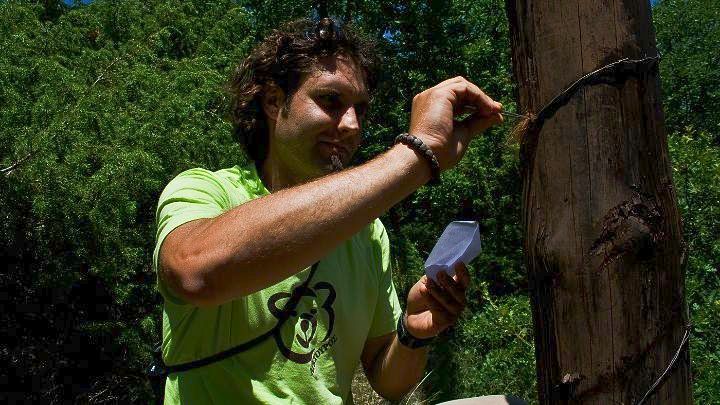Brown bear population in Greece larger and more genetically 'robust', Arcturos study shows

Efforts to protect Greece's brown bears are starting to pay off, according to a study by the bear conservation group Arcturos unveiled on Thursday. This shows that the country's bear population has made a slight recovery and is both numerically and genetically more robust.
The group's study used hair samples collected over a space of three years, which had been caught in electricity poles that the bears use as scratching posts. The hairs underwent DNA analysis and the results of more than 3,000 samples were published in the latest edition of the periodical "Heredity".
The new methodology allowed Arcturos to identify more than 250 bears between 2007 and 2010 and four genetically distinct populations in Rodopi, Vitsi, Varnounda and Pindos. A later Arcturos study in 2015 estimated that the bear population of Greece numbers at least 450 individuals.
At the same time, in statements to the Athens-Macedonian News Agency (ANA), Arcturos scientific director Alexandros Karamanlidis made it clear that Greece's bears were "not out of the woods yet".
"Even though the brown bear population in Pindos shows genetic and numerical improvement, it nevertheless remains the most genetically downgraded population in the wider Balkan region," he pointed out. He noted that the three populations in Pindos had previously been isolated, leading to their genetic deterioration, until this was reversed by a series of changes - including urbanisation -that created safe passages and greater living space for bears.
The study was part of an agriculture ministry research programme to record the brown bear population, using funding from Vodafone Hellas and the Vodafone Group Foundation.

